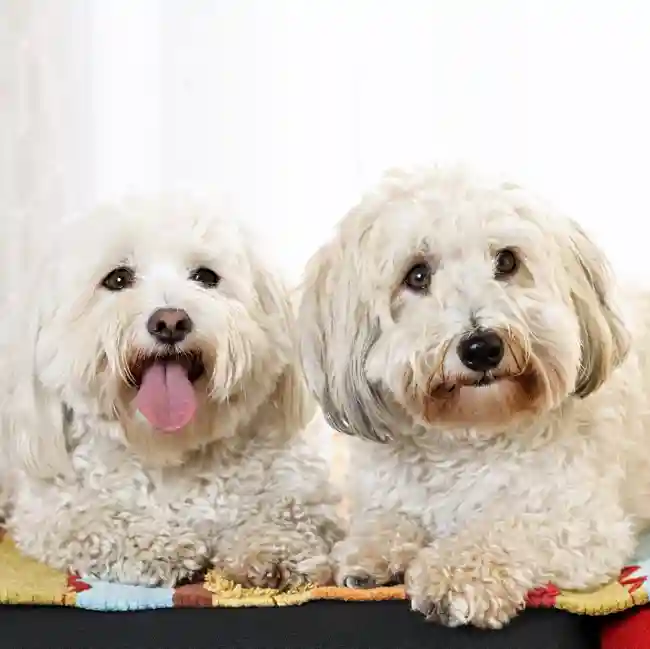Coton De Tulear

The Coton de Tulear, “Royal Dog of Madagascar,” is a bright, happy-go-lucky companion dog whose favorite activities include clowning, cavorting, and following their special human around the house. The... More
Want to know more about Coton De Tulear ?
General Appearance
The Coton de Tulear, also known as the "Royal Dog of Madagascar", is a hardy, sturdy small white companion dog. The breed is endowed with a bright intelligence, is gay and energetic, and at times boisterous but never demanding. The Coton de Tulear is naturally clownish and lighthearted, as well as calm and easygoing. The breed possesses a remarkable gentle, sympathetic awareness to those around and is known for expressing unique vocalizations. In Madagascar, the Coton de Tulear survived in packs in the wilderness, later to become a companion dog of the native Malagasy and Merina tribal nobles. The Coton de Tulear is asunique as many animals found on this wild and isolated island. The Coton de Tulear is characterized by a natural long, white, dry, profuse, cotton-like coat, rounded lively dark eyes, black on white “joie de vivre” expressive smile and witty personality. The breed is somewhat longer than tall. The topline is very slightly arched over the loin with a happily carried tail curved over the back on the move. At rest, the tail is down with an upward hook at the tip revealing the distinguishing outline of the Coton de Tulear


